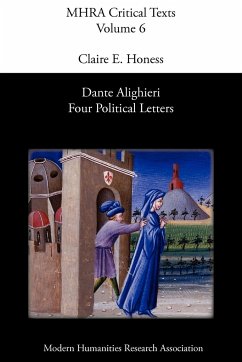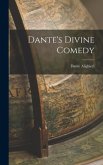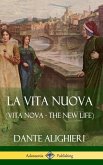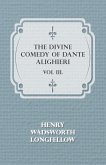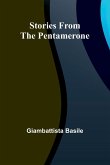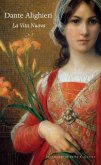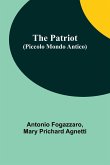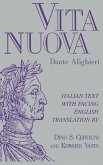Dante's political thought has long constituted a major area of interest for Dante studies. Yet there has been a tendency for the poet's views on matters of politics to be seen by critics as a self-contained, discrete area for study. This edition of four political letters examines the extent to which they can be said to contain the seeds of the political poetry of the Commedia, and to look again at the ways in which the author transforms the Latin political rhetoric of the letters into the Italian poetic language of his vernacular masterpiece. Table of Contents: 1. Introduction: 'Rome once had two suns' 2. The Letter to the Princes and Peoples of Italy (Epistola V) 3. The Letter to the Florentines (Epistola VI) 4. The Letter to the Emperor Henry VII (Epistola VII) 5. The Letter to the Italian Dr Claire Honess is a Senior Lecturer in the Italian Department at the University of Leeds.
Hinweis: Dieser Artikel kann nur an eine deutsche Lieferadresse ausgeliefert werden.
Hinweis: Dieser Artikel kann nur an eine deutsche Lieferadresse ausgeliefert werden.

